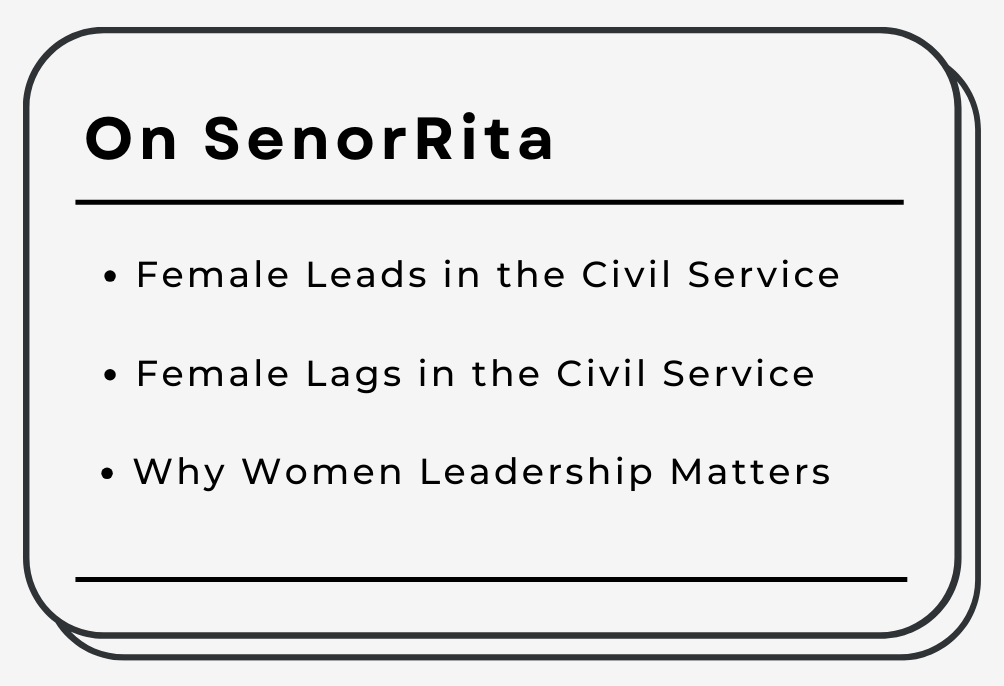Nigeria’s Federal Civil Service now has a new Lead. She is Mrs. Esther Didi Walson-Jack.
President Bola Ahmed Tinubu administered her oath of office this Monday.
Esther Didi Walson-Jack is the 5th female Head of Service and the 3rd consecutive female after Mrs. Winifred Oyo-Ita (2015-2021) and Mrs Folashade Esan (2021-2024).
A gender disaggregated data of employees at the most senior cadres of Nigerian Civil Service shows how difficult it could have been for these 3 women to emerge as the head of service in Nigeria.
Only a few civil servants attain the highest level of service eligible for appointment as permanent secretaries or the head of service before retiring. Among those who reach this Director level (GL 15 - 17) as of 2019, women constitute just 32%.
The overall female representation in the federal civil service declined from 43.5% in 2018 to 42.1% in 2019.
On the other hand, women in the special grade increased to an all time high of 15% in 2019.
The career antecedents of the few women who have ascended to the position of the Head of the Civil Service of the Federation reveal that they are seasoned civil servants who have undoubtedly earned their appointments through competence and extensive experience.
Female Lags in the Civil Service
The Nigerian Civil Service consists of employees in Nigerian government agencies other than the military and police. Most employees are career civil servants in the Nigerian ministries, progressing based on qualifications and seniority.
Staff of the Nigerian civil service are employed into different levels based on their academic qualifications and working experience.
The minimum entry level at the Nigerian Civil service is level 1 - 6. The most senior management level is grade level 15-17 - the highest level workers can attain while in service.
Regrettably, there is less representation of women across all 35 Ministries, Department and Agencies (MDAs) captured by the NBS data. None of the MDA has an equal proportion of women as men.
Why Women Leadership Matters
Research shows that the experience and skill sets that women leaders often bring to the table are advantageous to every member of the workforce and entire organisations.
Across all sectors, communities and societies, women have key contributions to make to leadership. From politics and corporations to sports and STEM, diverse leadership benefits everyone. Leaders need to represent the people they serve to best understand their wants and needs.
One of the findings shows that women bring distinct qualities that significantly enhance organisational success. They approach leadership with a heightened capacity for empathy, connection-building, and inclusiveness, according to years of research on female executives. These traits emphasise the contributions they make as leaders.
However, a leadership consultant, Dr. Samantha Madhosingh, advised that ‘‘As we strive towards a more equitable future in the corporate world, we must focus on filling the pipeline with qualified women candidates and fixing the ‘broken rung’ that often impedes their progression to senior leadership roles.
‘‘By creating more accessible pathways and eliminating systemic barriers at crucial career junctures, we empower women to realise their leadership potential and enrich organisations with diverse perspectives and innovative approaches.’’
Thanks for reading this edition of SenorRita. It was written by Kafilat Taiwo and edited by Oluseyi Olufemi.






